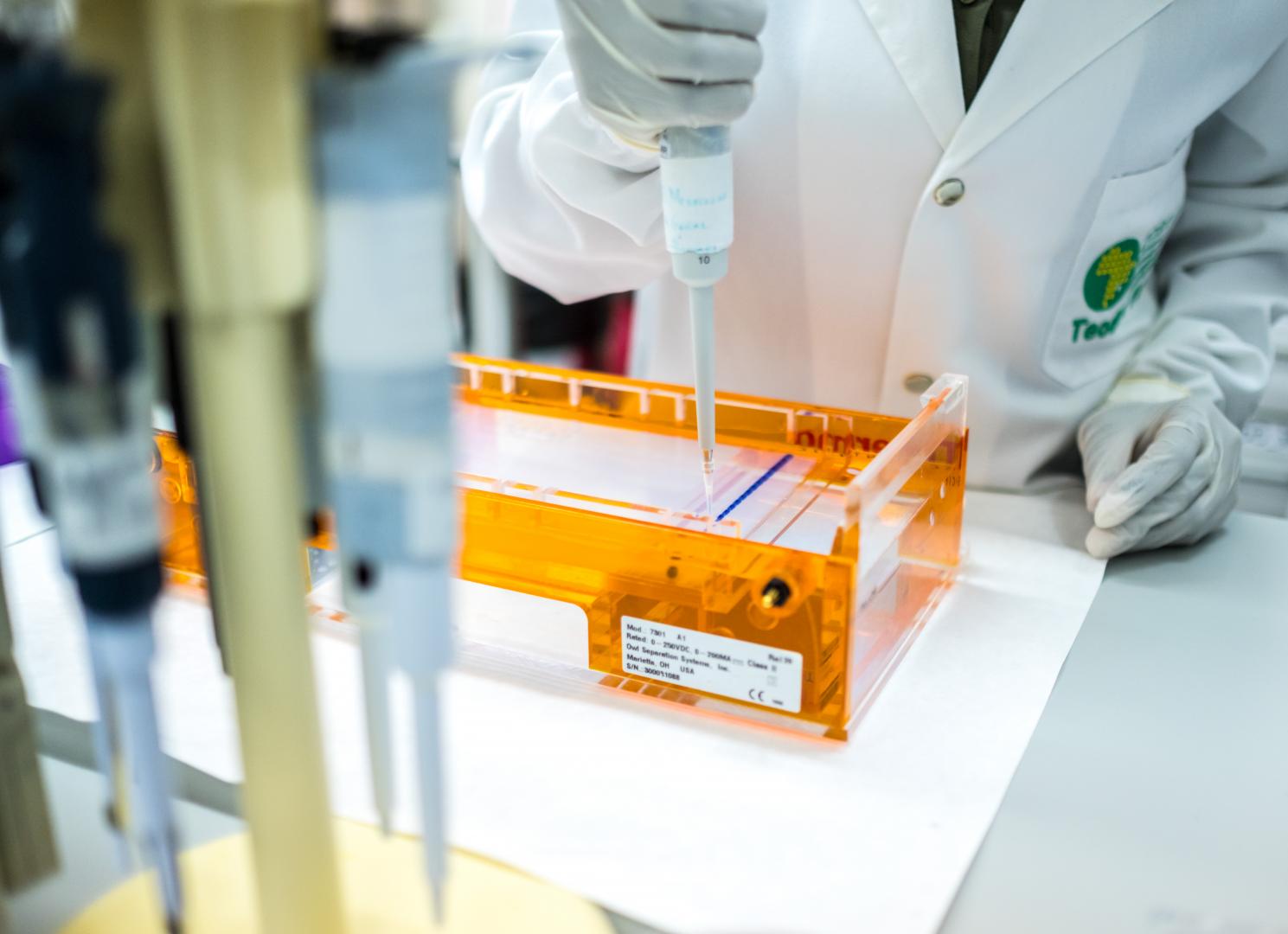AFRICA – The Vaccine Alliance, Gavi, has started a procedure for nations to apply for funds to help to roll out the new vaccine, moving the world’s first-ever mass vaccination against malaria one step closer.
The announcement comes nine months after the world’s first malaria vaccine was approved for use. Gavi’s first application window to support the roll-out of the first malaria medication aimed at protecting children from the illness that kills over 260 000 children in Africa each and every year.
Since the introduction of the world’s first malaria vaccine in 2019, it has been widely embraced in African communities in a surprisingly short amount of time. This saw three African countries, Ghana, Kenya, and Malawi started the pilot introduction of the vaccine in 2019
Following the WHO’s proposal in October 2021 for expanded use of the RTS, S/AS01(Mosquirix) malaria vaccine, the Gavi Board decided in December 2021 to authorize an initial expenditure of US$ 155.7 million for the period 2022-2025.
From 2022 to 2025, nearly US$ 160 million in international support will enable increased vaccine access to children at high risk of illness and death from malaria, beginning with Ghana, Kenya, and Malawi.
Through a statement released by Gavi, the first support will be limited to the three countries that took part in the vaccine’s multi-year pilot program
“In recognition of the technical requirements of rollout and the need to provide tailored support to countries, a first application window, which closes September 13, will be limited to the three countries that have taken part in the vaccine’s multi-year pilot program: Kenya, Ghana and Malawi.” the statement reads.
According to Gavi, other countries may submit expressions of interest (EOI) for the second window which opens at the end of the year.
“A second window, which opens at the end of the year and closes in January, is open to other countries with moderate to high transmission of Plasmodium falciparum malaria.”
“Malaria has devastated communities for far too long in Africa. We know that initially, supply will not meet demand, nevertheless, we look forward to working with countries and our partners to introduce and scale this new tool in our fight against malaria, which could save the lives of thousands of children across the continent,” said Thabani Maphosa, Managing Director of Country Programmes at Gavi.
According to Dr Matshidiso Moeti, WHO Regional Director for Africa, throughout the pandemic, when routine health services faced numerous challenges, parents and caregivers diligently brought their children to clinics and health posts to get the malaria vaccine, allowing them to know all too well that lives are lost to malaria every day and are eager to protect their children from this deadly disease.
“Gavi’s new funding opportunity brings us one step closer to reaching millions more children across Africa with the lifesaving RTS,S malaria vaccine,” said Dr Matshidiso Moeti, WHO Regional Director for Africa.
Like with many new vaccines, the supply of the malaria vaccine is limited as vaccine production ramps up.
“The long-awaited malaria vaccine for children is a breakthrough for science, child health and malaria control. It is projected that – at scale – using this vaccine could save tens of thousands of young lives each year, but we will need an increased supply of the vaccine so Africa can reap the benefits of this additional tool for malaria prevention,” said Professor Rose Leke, a malaria disease expert from the University of Yaounde in Cameroon, and co-chair of the expert group that advised WHO on a framework to allocate the currently limited malaria vaccine supply.
According to a WHO-commissioned global market research, the supply of the RTS,S malaria vaccine will be insufficient over the next several years to fulfill the demands of nearly 25 million infants born each year in places where the vaccine is recommended.
Gavi’s application recommendations are focused on targeted assistance, which would expand as the number of accessible doses increases due to a projected ramp-up in production.
In addition, the Alliance and other partners will engage with countries to provide orientation and technical help in order to guarantee quality planning and national preparation in advance of future application periods.

